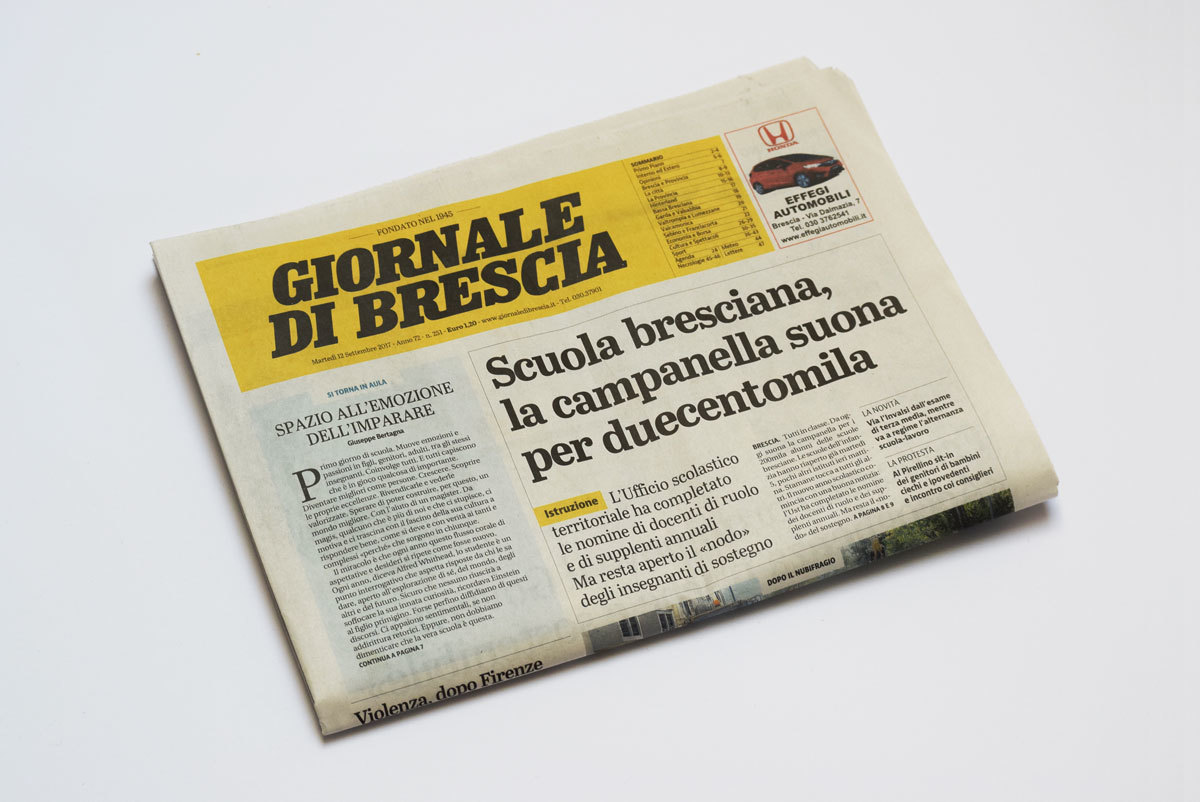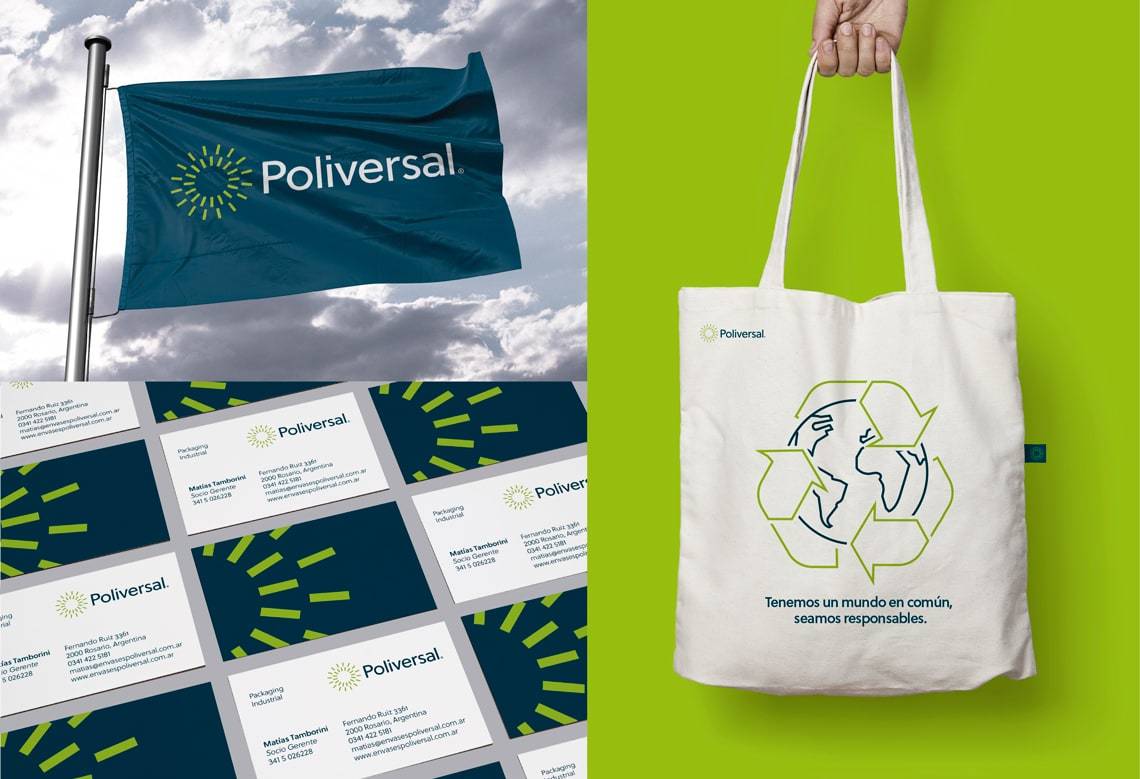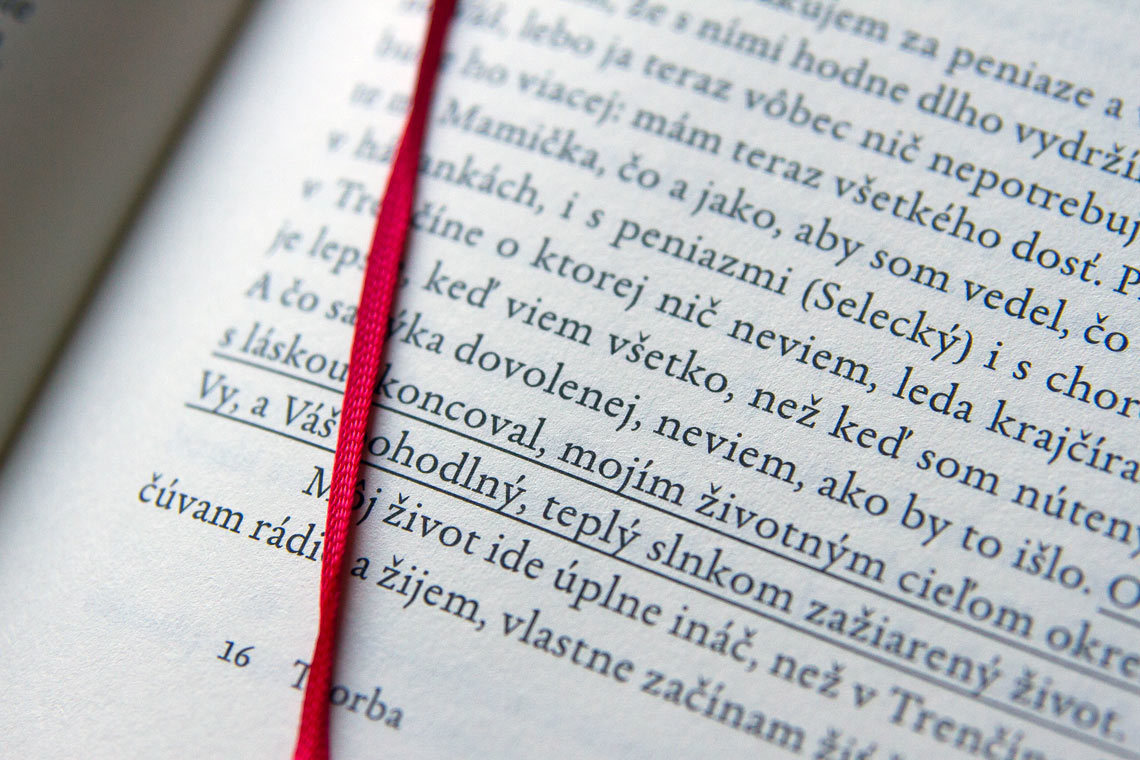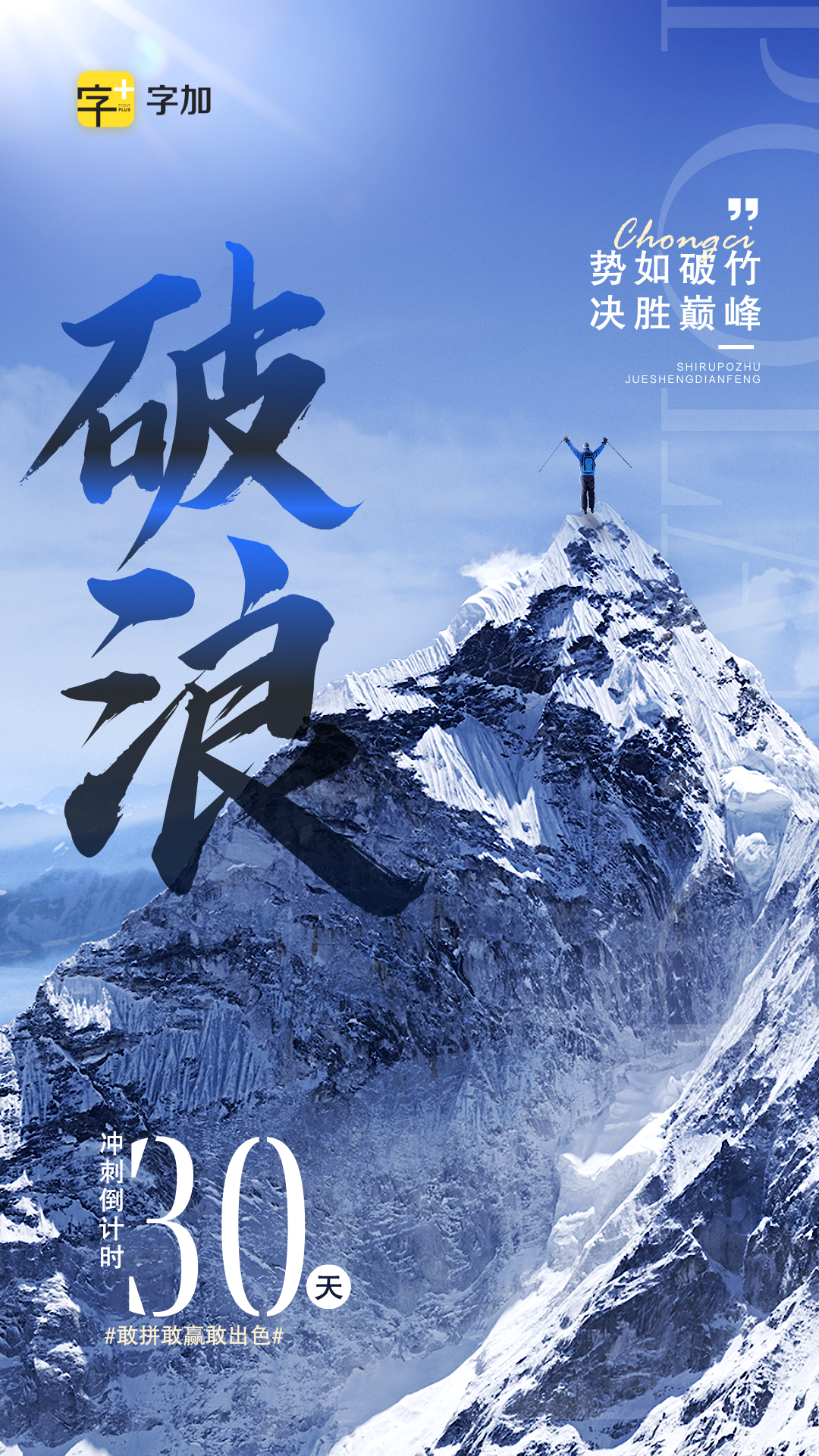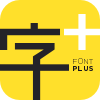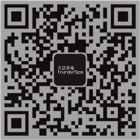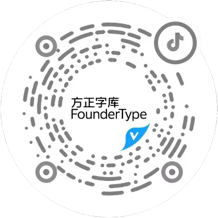Big Big World
Ignorant men don't know what good they hold
in their hands until they've flung it away.
授权协议
在使用字体时需要获取字体授权,具体授权包括:
 个人非商业授权
个人非商业授权 商业发布授权
商业发布授权 出版物授权:针对出版物
出版物授权:针对出版物 嵌入式应用授权
嵌入式应用授权
如果您的应用场景没有包含在这些授权形式中,请联系我们,我们将为您提供更多选择。
适用系统:Windows/Mac字库安装说明?
基础信息
- 字体品牌:
-
设计师:
Fishman,Janice
-
字体分类:
衬线体
-
字体属性:
外文
-
字符集:
Unicode
-
发布时间:
2018

- 拉丁文扩展
- 自定义扩展字符集
The quick brown fox jumps over a lazy dog
- 拉丁文
- 自定义扩展字符集
Tħé qüiçk břøŵñ főx júmpš övér á łäżý đòġ
- 拉丁文
- 拉丁文扩展
The quick brown fox jumps over a lazy dog
- 拉丁文扩展
- 自定义扩展字符集
The quick brown fox jumps over a lazy dog
- 拉丁文
- 自定义扩展字符集
Tħé qüiçk břøŵñ főx júmpš övér á łäżý đòġ
- 拉丁文
- 拉丁文扩展
The quick brown fox jumps over a lazy dog
- 拉丁文扩展
- 自定义扩展字符集
The quick brown fox jumps over a lazy dog
- 拉丁文
- 自定义扩展字符集
Tħé qüiçk břøŵñ főx júmpš övér á łäżý đòġ
- 拉丁文
- 拉丁文扩展
The quick brown fox jumps over a lazy dog
- 拉丁文扩展
- 自定义扩展字符集
The quick brown fox jumps over a lazy dog
- 拉丁文
- 自定义扩展字符集
Tħé qüiçk břøŵñ főx júmpš övér á łäżý đòġ
- 拉丁文
- 拉丁文扩展
The quick brown fox jumps over a lazy dog
- 拉丁文扩展
The quick brown fox jumps over a lazy dog
- 拉丁文
Tħé qüiçk břøŵñ főx júmpš övér á łäżý đòġ

字体介绍
Giambattista Bodoni (1740-1813) was called the King of Printers; he was a prolific type designer, a masterful engraver of punches and the most widely admired printer of his time. His books and typefaces were created during the 45 years he was the director of the fine press and publishing house of the Duke of Parma in Italy. He produced the best of what are known as modern" style types, basing them on the finest writing of his time. Modern types represented the ultimate typographic development of the late eighteenth and early nineteenth centuries. They have characteristics quite different from the types that preceded them; such as extreme vertical stress, fine hairlines contrasted by bold main strokes, and very subtle, almost non-existent bracketing of sharply defined hairline serifs. Bodoni saw this style as beautiful and harmonious-the natural result of writing done with a well-cut pen, and the look was fashionable and admired. Other punchcutters, such as the Didot family (1689-1853) in France, and J. E. Walbaum (1768-1839) in Germany made their own versions of the modern faces. Even though some nineteenth century critics turned up their noses and called such types shattering and chilly, today the Bodoni moderns are seen in much the same light as they were in his own time. When used with care, the Bodoni types are both romantic and elegant, with a presence that adds tasteful sparkle to headlines and advertising. ITC Bodoni™ was designed by a team of four Americans, after studying Bodoni's steel punches at the Museo Bodoniana in Parma, Italy. They also referred to specimens from the "Manuale Tipografico," a monumental collection of Bodoni's work published by his widow in 1818. The designers sought to do a revival that reflected the subtleties of Bodoni's actual work. They produced three size-specific versions; ITC Bodoni Six for captions and footnotes, ITC Bodoni Twelve for text settings, and ITC Bodoni Seventytwo - a display design modeled on Bodoni's 72-point Papale design. ITC Bodoni includes regular, bold, italics, Old style Figures, small caps, and italic swash fonts. Sumner Stone created the ornaments based on those found in the "Manuale Tipografico." These lovely dingbats can be used as Bodoni did, to separate sections of text or simply accent a page layout or graphic design."
No painzno gain pain past is pleasure. One sigh that should be wholly thine.
ABCDEFGHIJKLMNOPQRSTUVWXYZabcdefghijklmnopqrstuvwxyz0123456789@.,:;!?’)]”<>/&-
字体展示
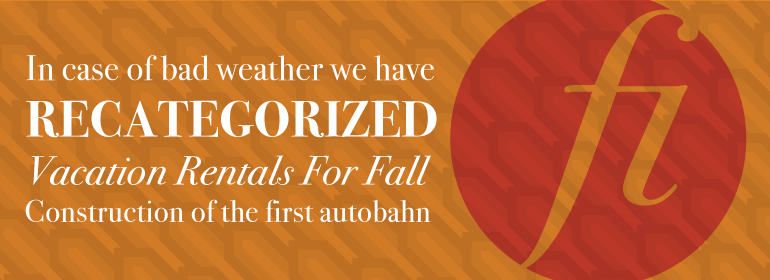

 ITC(Monotype)
ITC(Monotype)